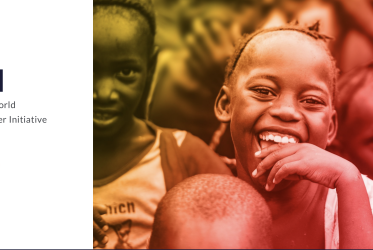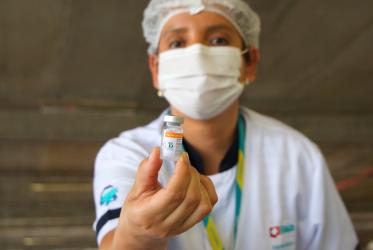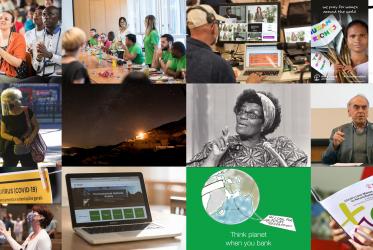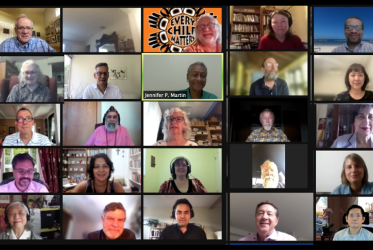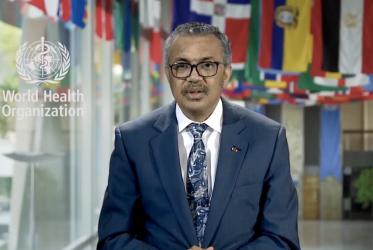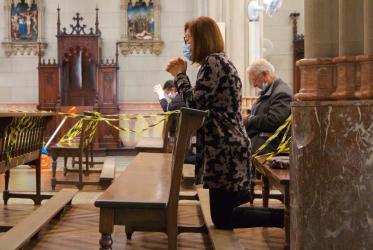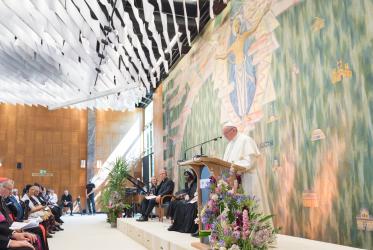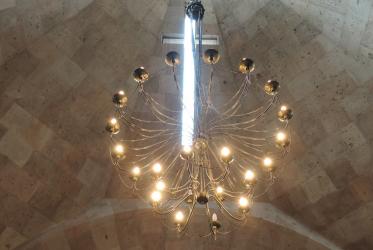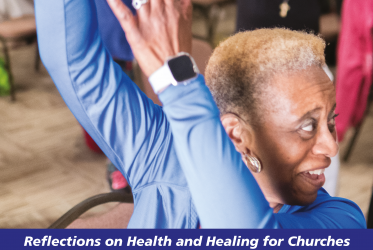Displaying 1 - 20 of 81
Scottish and UK religious leaders call for urgent climate action
20 September 2021
Nuclear weapons threat, climate change linked in many ways
17 August 2021
Unprecedented times call for coordinated communication support
19 January 2021
WCC executive committee maps future with hope in uncertain times
19 November 2020
